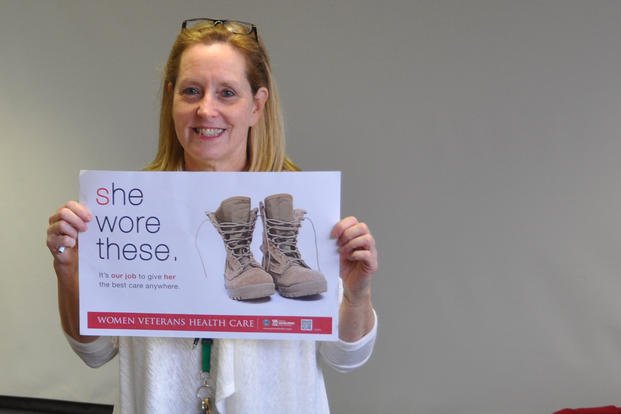Hiring managers and recruiters are intrigued and excited about the idea of hiring former military service members. More and more, they recognize that a veteran job candidate brings qualities of leadership, integrity, commitment, problem-solving, adaptability and much more!
By 2023, reports estimate we will see 3.5 million veterans in the civilian workforce in the United States. On the surface, that should indicate a great opportunity for employers who seek to hire employees who bring exceptional value to the company. Instead, many employers are hesitant or overwhelmed at the prospect of hiring veterans, because they don't know how to navigate and overcome perceptions, myths, and the divide between the military and civilian cultures.
In a recent article published by the Society for Human Resource Management (SHRM), I spoke to employers about the realities of common misperceptions. You, the job candidate, can help employers clarify some of those myths by having data and insights to dispel these misconceptions. For instance:
Myth: Only Men Serve in the Military
How many times has a female veteran heard a civilian remark, "You're a veteran? You don't look like a veteran!" There are misperceptions around the number of men and women who put on the uniform. The Pew Research Center reports that female veterans are less likely to have served in combat (30% of women, compared to 57% of men). In peacetime and wartime, there are a great number of women who serve, and that number will grow as new military occupations are opened to female service members.
Myth: All Veterans Have PTSD
You, as a veteran, have surely encountered the perception that veterans must have some form of PTSD (post-traumatic stress disorder). After all, how could anyone experience what you did in the military without coming back "different" in some way? Perceptions that veterans bring PTSD issues with them into their civilian careers lead many employers to question whether these job candidates are then "unstable" and "unreliable." Here are some facts:
- 8% of all Americans suffer from PTSD (approximately 24 million people), and the number of military veterans with PTSD is relatively low when compared to the total number of those who have served. "According to the VA, experts estimate that up to 20% of Operation Enduring Freedom and Operation Iraqi Freedom veterans, up to 10% of Gulf War veterans and up to 30% of Vietnam War veterans have experienced PTSD," reports PTSD United.
- Brainline.org reports that PTSD can occur after a person has been through a traumatic event, including natural disasters, car crashes, sexual or physical assault, terrorist attack or combat during wartime.
- An estimated one out of 10 women will get PTSD at some time in their lives. Women are about twice as likely as men to develop PTSD. (Sidran.org)
Myth: Every Veteran Saw Combat
As you know, there are more than 7,000 military occupational codes, indicating different jobs in service. Not all of those jobs are in theater. The Department of Defense shows that less than 20% of service members serve in front-line combat roles. Perhaps you worked as a cook, radio operator, pilot, tower equipment installer, logisticians, procurement clerk, medic, personnel manager or mechanic during your military career? Help employers see that while all military jobs focus on the mission, they are not all combat jobs.
Myth: Skills Gained in the Military Are Nontransferable
Employers are often motivated to hire veterans for their qualities of teamwork, work ethics and values, resiliency, focus on mission and accomplishment. These characteristics make veterans great candidates for matching a company's core values and culture.
What sometimes gets overlooked is that veteran job candidates also bring tremendous hard skills that are transferable to a civilian employer. Veterans bring a documented work history, security clearance, technical and subject matter expertise, and specialized training that can be quickly applied to industries such as health care, aviation, finance, logistics, administration and others.
I advise employers who seek to hire military veterans but are unfamiliar with the military experience, work history or skills to listen, learn and engage others in understanding the benefits (and realities) of hiring and growing veteran talent. As you interview, discuss and grow your civilian career, you can serve those coming up behind you by helping employers overcome some of these same misperceptions and myths.
The Next Step: Find the Right Veteran Job
Whether you want to polish up your resume, find veteran job fairs in your area, or connect with employers looking to hire veterans, Military.com can help. Sign up for a free Military.com membership to have job postings, guides and advice, and more delivered directly to your inbox.












